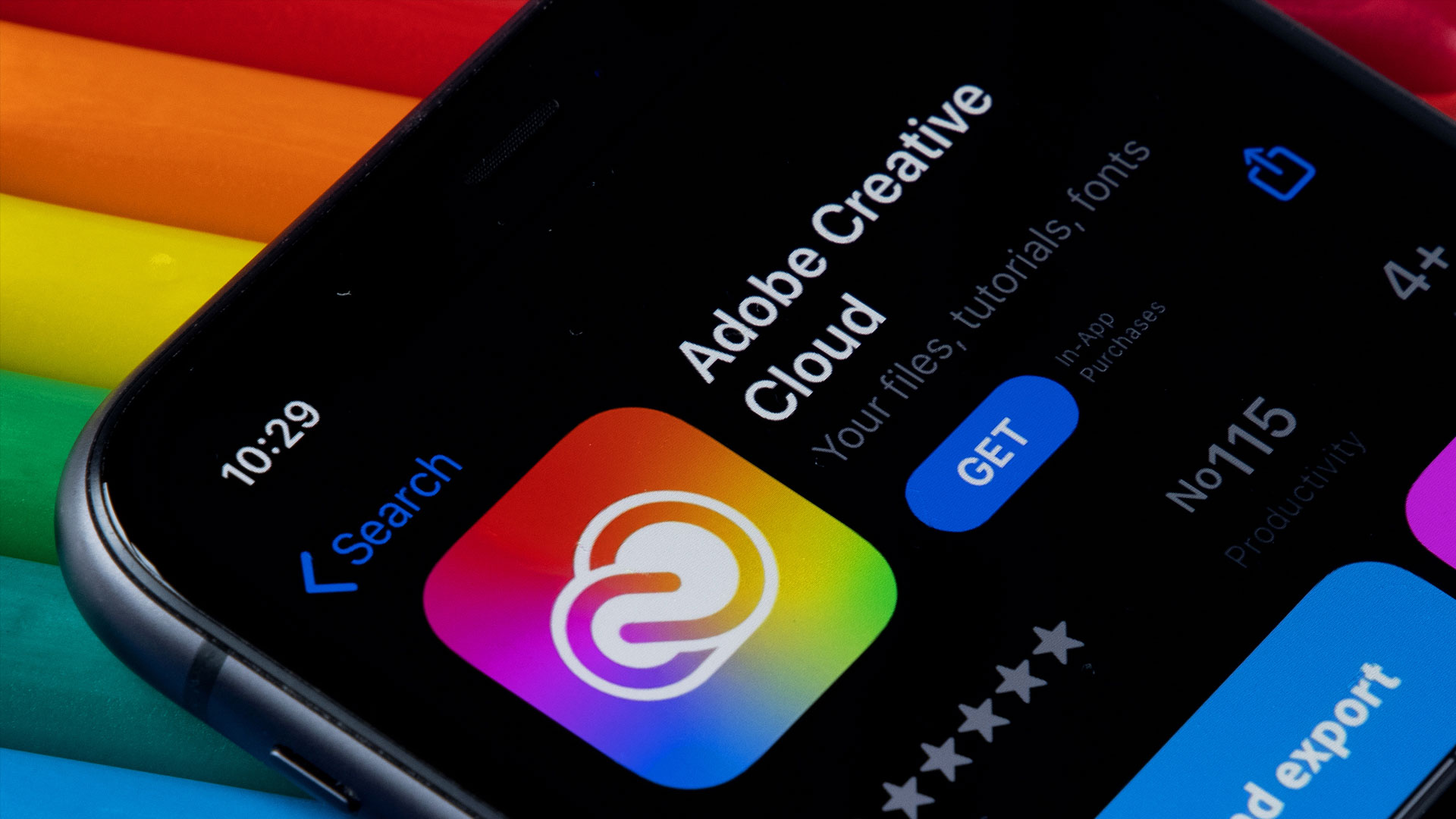Running a small business can require a lot of organising to get the most from your valuable time. So, to that end, we will be building up a portfolio of useful blogs and articles that will provide you with a quick reference across many areas of marketing and growing your business. In this first blog, we highlight the essential basics every website should have for success.
-
Secure hosting package. Simply put, that is where you see the small padlock symbol in the address bar of a website. This is vital if you run an online store as it provides a secure network for purchases but it is also needed to boost your rankings in searches, particularly on Google. Most hosting companies offer SSL Certificates.
- Fast loading pages. Seems obvious, but the quicker your web page loads, the better the retention rate of your visitors. Again it is also an important cue for Google to rank your website higher in searches. The quicker the site, the better for customers, and the better listing.
- Useful images. Does your website carry a lot of unnecessary images? Does the imagery you use help explain your product or services? Large and pointless images slow the page delivery and can prove annoying to visitors who can be forced to wait.
- Clear navigation. Is your website easy to navigate and intuitive to use? The ideal situation is that it should take no more than three clicks to get to the content you are looking for.
- Clutter-free. It can be quite common for businesses to try to cram in as much information as possible on the homepage of their website. It’s tempting if you offer many different products and services. However, most business is done with companies that are easy to deal with. A frictionless transaction.
- Clear messaging. In a similar vein to removing clutter, are the words you use clear, to the point and helpful? Poetic, flowery and industry jargon-filled headlines look great but do they serve a purpose? Don’t be afraid to get straight to the point. Ask for sales, and explain clearly how using your business will improve the life of the customer.
- Easy contact. Surprisingly this is often overlooked. Is it easy to actually get in touch with you? You wouldn’t make the cash register hard to find in a shop so why do that on your website? Provide contrasting coloured buttons and call to action sections on your homepage to guide your visitor on what to do next.
- Prove what you do. People visit websites to find the answer to a problem or to purchase a product or service. Make sure your homepage includes genuine, provable testimonials and links to satisfied customers. This will give confidence to your visitor that you are credible to do business with.
- Up to date. Vital that you keep your pages up to date and freshened up. A website with a 2011 copyright notice, and links to defunct social media pages (Google + closed 2 years ago!) will give the impression you don’t care or even worse, you have closed.
- And finally. Does your site pass the grunt test? In other words, could you show your homepage to a caveman for 10 seconds, turn it off and then ask them what it is your business does. Can they tell you? If it is not immediately obvious to our caveman or your visitors what you do, how you can help and how they can contact you in those first 10 seconds, your website needs a re-design. Keep it simple.







